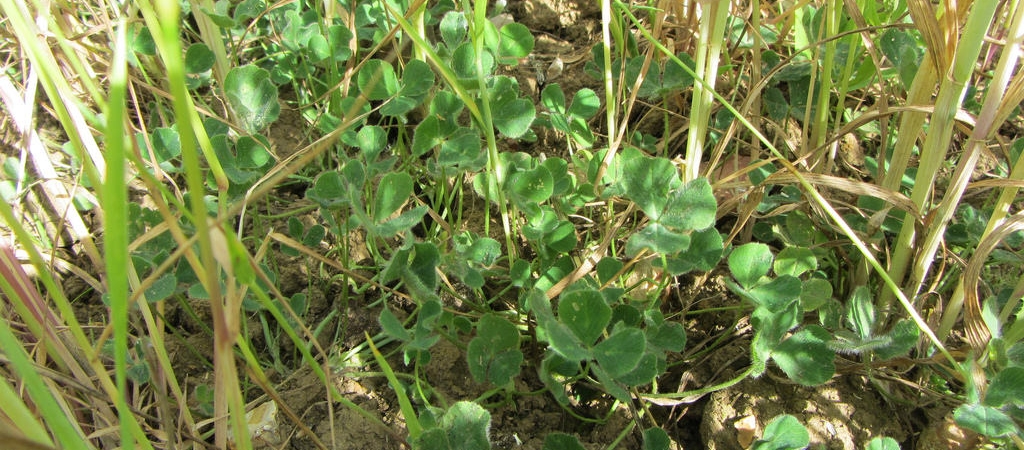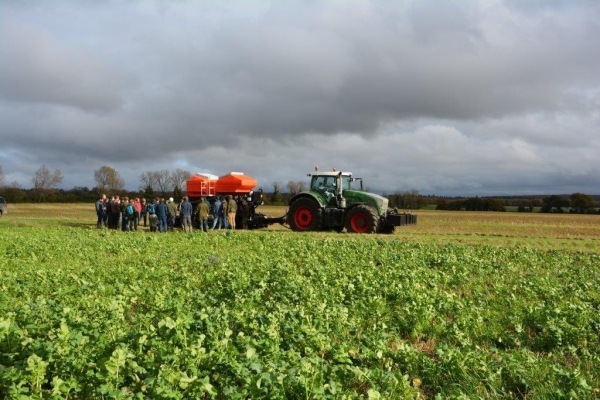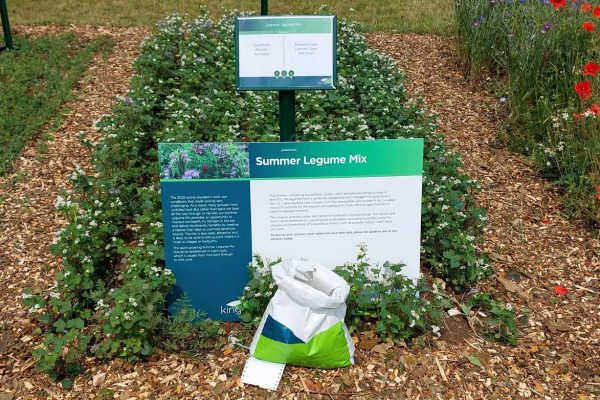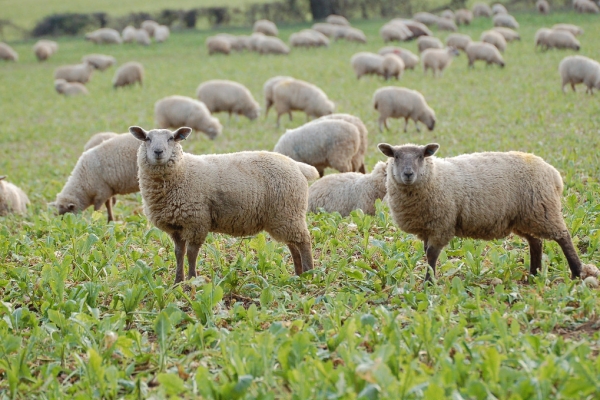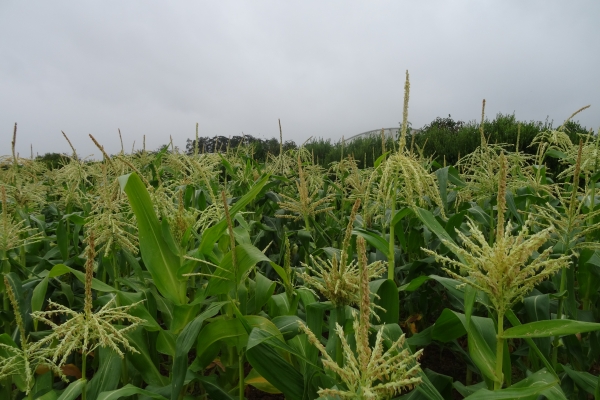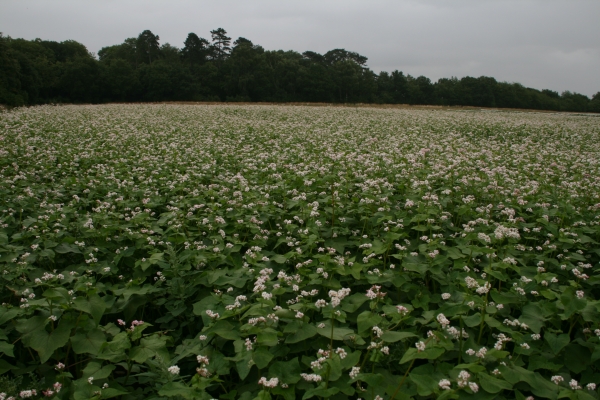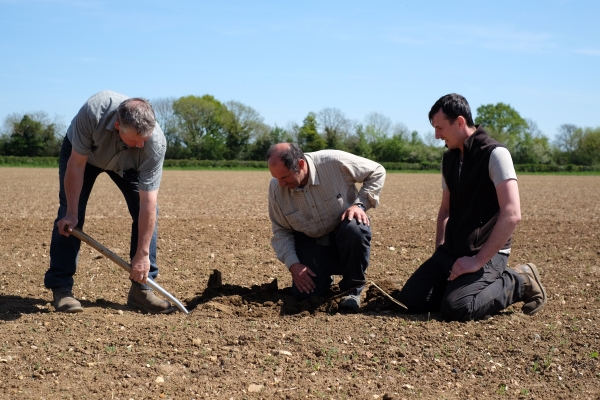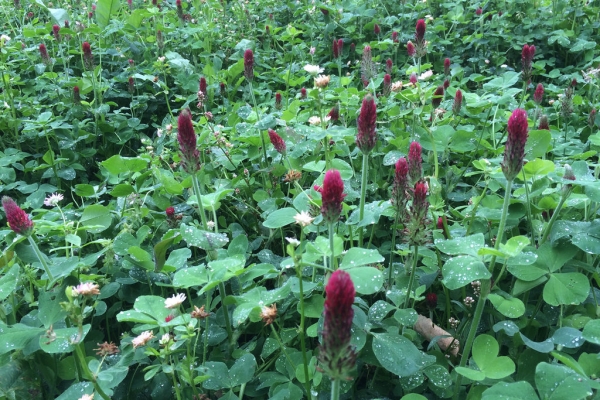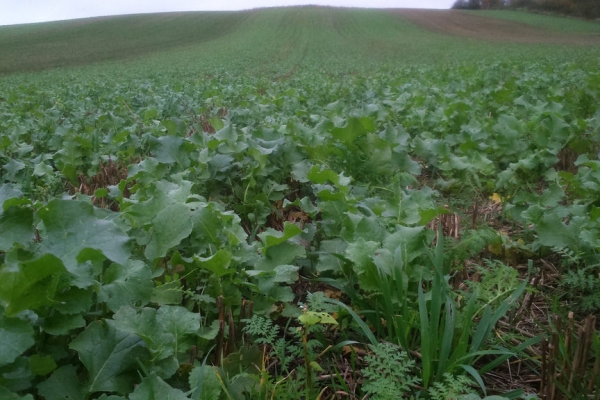Impact of cover crops on yield and soils in the New Farming Systems programme
Resource explained
This paper provides information on research carried out for the New Farming Systems (NFS) research project. The project is examining (through a series of experiments and system demonstrations), how we might improve the sustainability, stability and output of conventional arable farming systems.
The systems being evaluated feature a range of cover cropping approaches; including the use of long-term clover bi-crops, brassica cover crops and legume mix based cover crops (used ahead of spring sown crops in the rotations).
The research is clearly demonstrating that cover crops can make a difference to soil quality and crop yield. However findings also indicate that the end results depend on the interactions between the cover crop choices and the farming systems deployed.
The series of large scale, long term and replicated experiments are being undertaken on a sandy loam soil at Morley (Norfolk, UK).
Findings & recommendations
- The research has demonstrated benefits of using cover crops in terms of: enhanced soil characteristics; positive yield responses; improvements in financial margins over fertiliser inputs associated with the use of specific cover crop approaches.
- The benefits suggest that the incorporation of cover cropping approaches in to rotations has the potential to contribute to agricultural production and to deliver wider benefits to future farming systems.
- The range of cover cropping options assessed differ in their management requirements and likely end results.
- The choice of species should be guided by particular circumstances and the desired goal.
- The brassica cover crop particularly focused on is fodder oil radish (Raphinus sativus).
- The legume species mixture that is looked at within rotations is based on the wide-ranging ‘All Species Mixture’ that was developed within the Defra-funded Legume LINK project.
